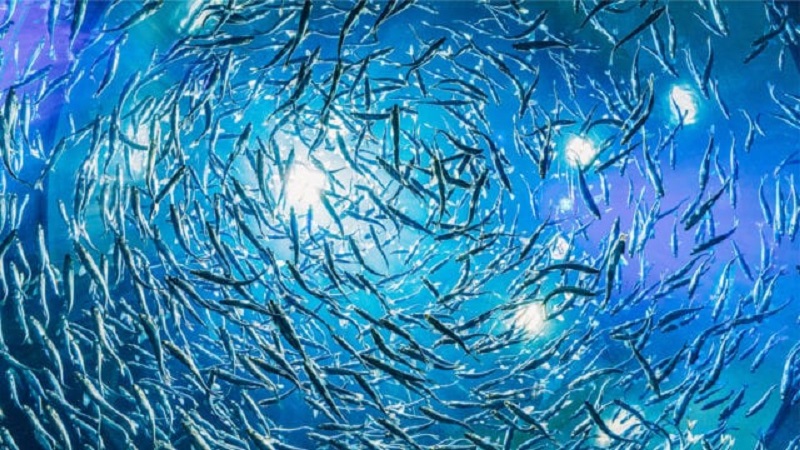“Climate change is menacing the diversity of life our planet harbors, and undermining nature’s capacity to meet basic human needs,” said Dr. Grethel Aguilar, IUCN Director General.
“This IUCN Red List update highlights the strong links between the climate and biodiversity crises, which must be tackled jointly. Species declines are an example of the havoc being wreaked by climate change, which we have the power to stop with urgent, ambitious action to keep warming below 1.5 degrees Celsius.”
Today’s update completes the first comprehensive assessment of the world’s freshwater fish species, revealing that 25% (3,086 out of 14,898 assessed species) are at risk of extinction.
At least 17% of threatened freshwater fish species are affected by climate change, including decreasing water levels, rising sea levels causing seawater to move up rivers, and shifting seasons.
This compounds threats from pollution, which impacts 57% of freshwater fish species at risk of extinction, dams and water extraction, which affect 45%, overfishing, which threatens 25%, and invasive species and disease, which harm 33%.
Kathy Hughes, Co-Chair of the IUCN SSC Freshwater Fish Specialist Group said: “Freshwater fishes make up more than half of the world’s known fish species, an incomprehensible diversity given that freshwater ecosystems comprise only 1% of aquatic habitat. These diverse species are integral to the ecosystem, and vital to its resilience. This is essential to the billions of people who rely upon freshwater ecosystems, and the millions of people who rely on their fisheries. Ensuring freshwater ecosystems are well managed, remain free-flowing with sufficient water, and good water quality is essential to stop species declines and maintain food security, livelihoods and economies in a climate resilient world.”
Produced by a variety of organizations including WWF, the World’s Forgotten Fishes details the dazzling diversity of species and how critically they important are to the functioning of their ecosystems, other species and people – with over 200 million relying on them for food security and 60 million for their livelihoods.
“Freshwater fishes are in freefall with one quarter of all species now threatened with extinction. This devastating news is the clearest sign of the damage we have done to our rivers, lakes and wetlands – ecosystems that not only sustain freshwater fishes and a dazzling diversity of other wildlife but also underpin our societies and economies.
Out-of-sight and out-of-mind, freshwater fishes have always been undervalued even though they are critical to the functioning of their ecosystems and provide food for 200 million people and livelihoods for 60 million. The shocking state of the World’s Forgotten Fishes must serve as a wake up call: decision makers must urgently scale up investment in protecting and restoring healthy rivers, lakes and wetlands. This will safeguard our vanishing freshwater fishes, but will also enhance water and food security, reverse nature loss and accelerate climate action.
Here at COP28, 38 countries have now joined the Freshwater Challenge – the most ambitious freshwater protection and restoration initiative in history. We need all countries to follow their lead because reversing the degradation of freshwater ecosystems will pave the way to a net-zero, nature-positive and resilient future.”
pll/ro/crc










